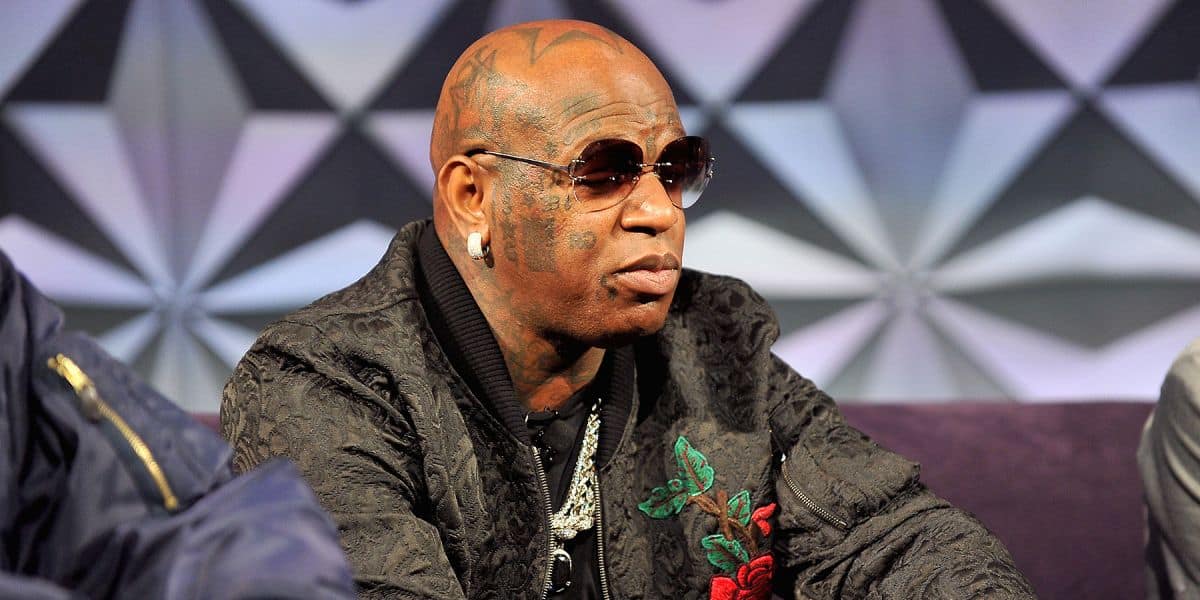Hip Hop News | Trending Hip Hop Stories Archives - The ...
Hip Hop News | Trending Hip Hop Stories. 'Love And Hip Hop's
Mendeecees Harris Will Be Released From Prison Before The End Of 2019.
New York Judge Ordered Donald Trump to Pay $2M To Orgs in Civil Lawsuit.
Birdman Might be Broke and Owes $20M for Defaulting On A Loan. Whoopi
Goldberg and The Ladies of 'The View
Hip Hop News | Trending Hip Hop Stories. [WATCH] Actor Jason Mitchell Denies Sexual Misconduct Allegations On 'The Breakfast Club' Someone Caught ABC News' Amy Robach Blaming the Network for Killing Her Epstein Story On a Live Mic. Black Excellence: Courtney B. Vance Becomes the President of SAG-AFTRA Foundation.
Hip Hop Artists Atlantic Looking To Sign
When Atlantic Records lost nearly all its 5,000 recordings made between 1949 and 1969 in a fire, label executives saw the small insurance payout that resulted as a good trade for the losses. Nonetheless, despite their deeply flawed track record of cultural stewardship, record companies are large institutions with some profit incentives for preserving these music archives—especially now, when vinyl reissues of old albums net millions annually, and back catalogue streams of old songs account for half of all online listens.
But not all genres are equally protected. Throughout the history of hip-hop, some of the genre's most vibrant, popular, and forward-thinking music was never for sale through traditional record company channels—and some of it was never really for sale at all: mixtapes.
Hip-hop's exact definition of a mixtape has varied over the years, from the warbly live cassette recordings of DJ sets and MC freestyles of the late '70s, to the producer-curated compilations of up-and-coming rappers during the '90s, up through the rapper-driven unofficial albums pioneered by artists like 50 Cent around the turn of the millennium.
Throughout the decades, mixtapes often featured pre-existing beats from other artists, and were traded covertly or sold on street corners. They flouted music-industry norms while also serving as a launching pad for the further success of many rappers and producers, as well as a marketing tool and creative outlet for artists between projects.
Hip Hop Artists Atlantic Looking To Sign
When Atlantic Records lost nearly all its 5,000 recordings made between 1949 and 1969 in a fire, label executives saw the small insurance payout that resulted as a good trade for the losses. Nonetheless, despite their deeply flawed track record of cultural stewardship, record companies are large institutions with some profit incentives for preserving these music archives—especially now, when vinyl reissues of old albums net millions annually, and back catalogue streams of old songs account for half of all online listens.
But not all genres are equally protected. Throughout the history of hip-hop, some of the genre's most vibrant, popular, and forward-thinking music was never for sale through traditional record company channels—and some of it was never really for sale at all: mixtapes.
Hip-hop's exact definition of a mixtape has varied over the years, from the warbly live cassette recordings of DJ sets and MC freestyles of the late '70s, to the producer-curated compilations of up-and-coming rappers during the '90s, up through the rapper-driven unofficial albums pioneered by artists like 50 Cent around the turn of the millennium.
Throughout the decades, mixtapes often featured pre-existing beats from other artists, and were traded covertly or sold on street corners. They flouted music-industry norms while also serving as a launching pad for the further success of many rappers and producers, as well as a marketing tool and creative outlet for artists between projects.










Comments
Post a Comment